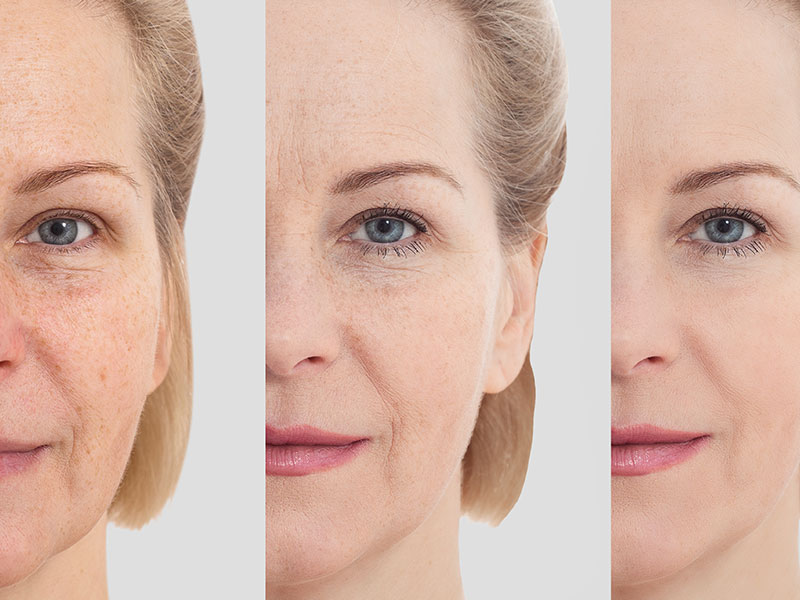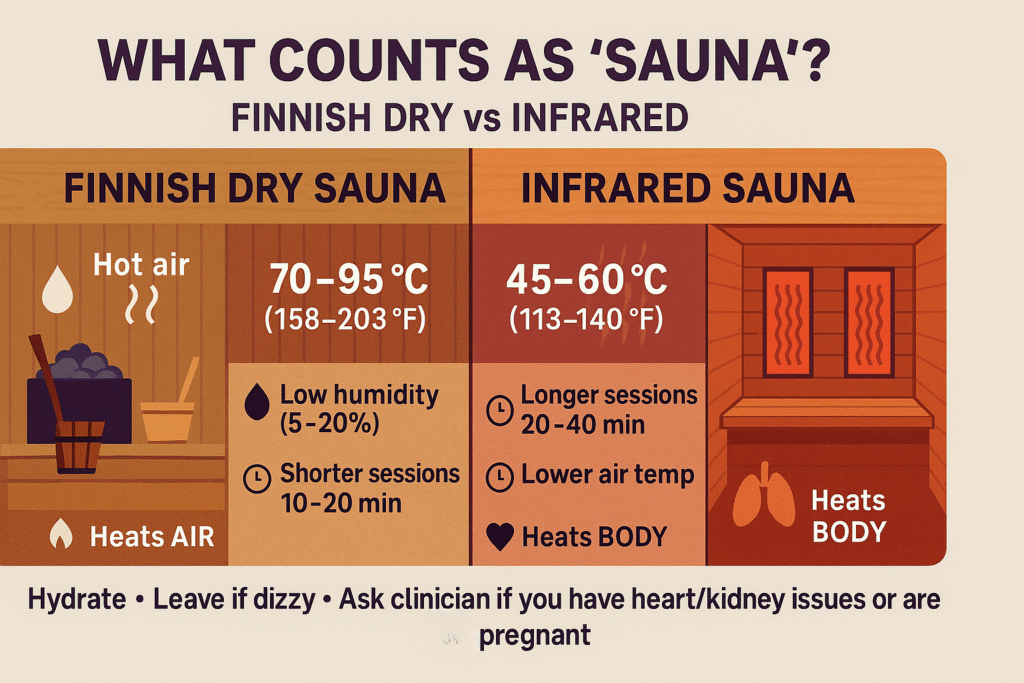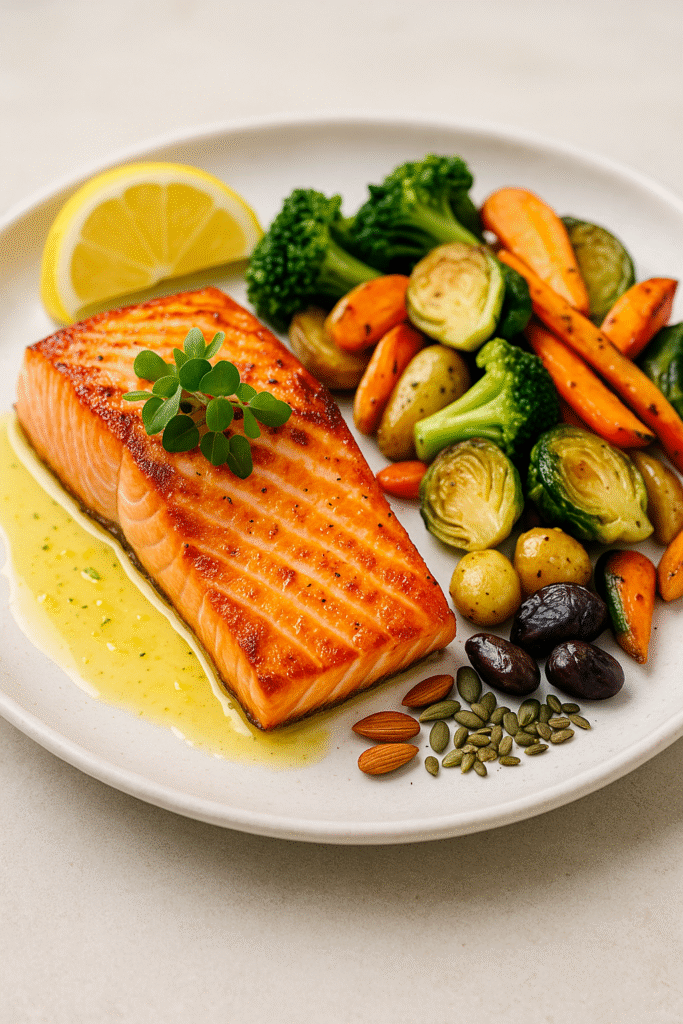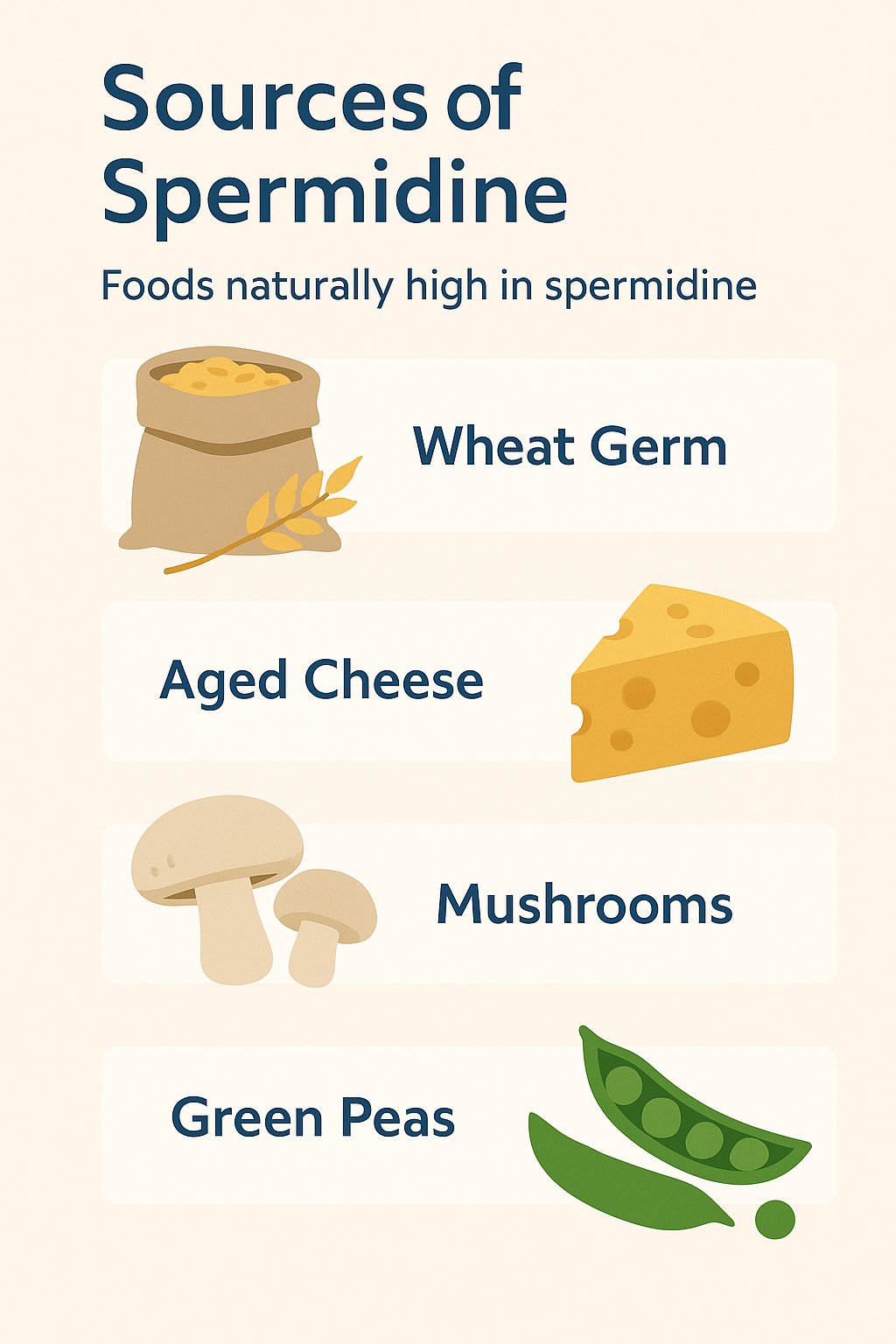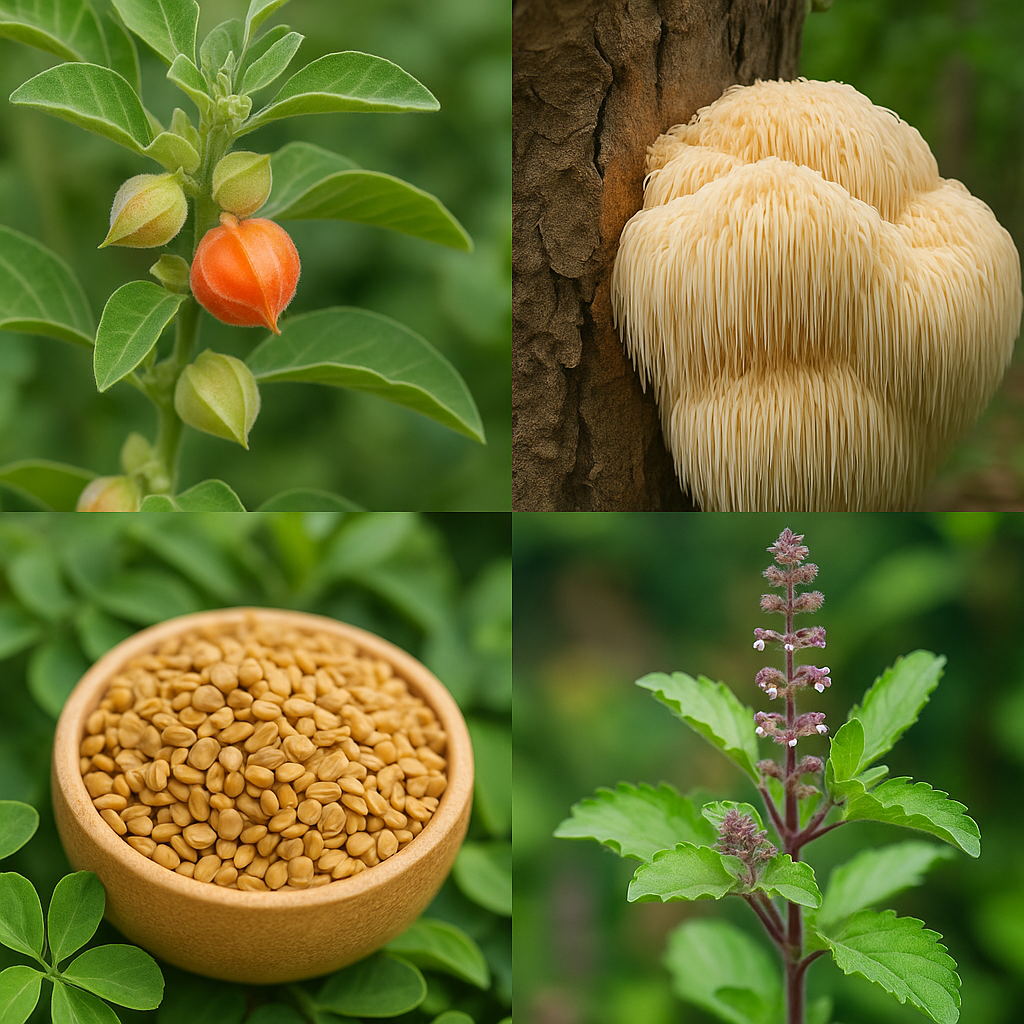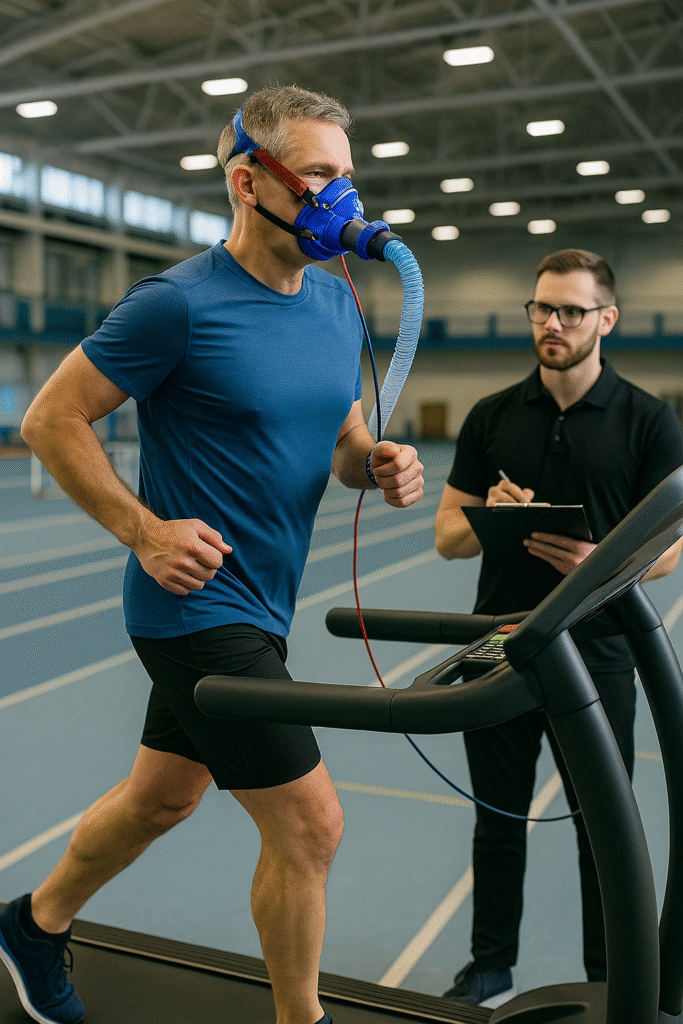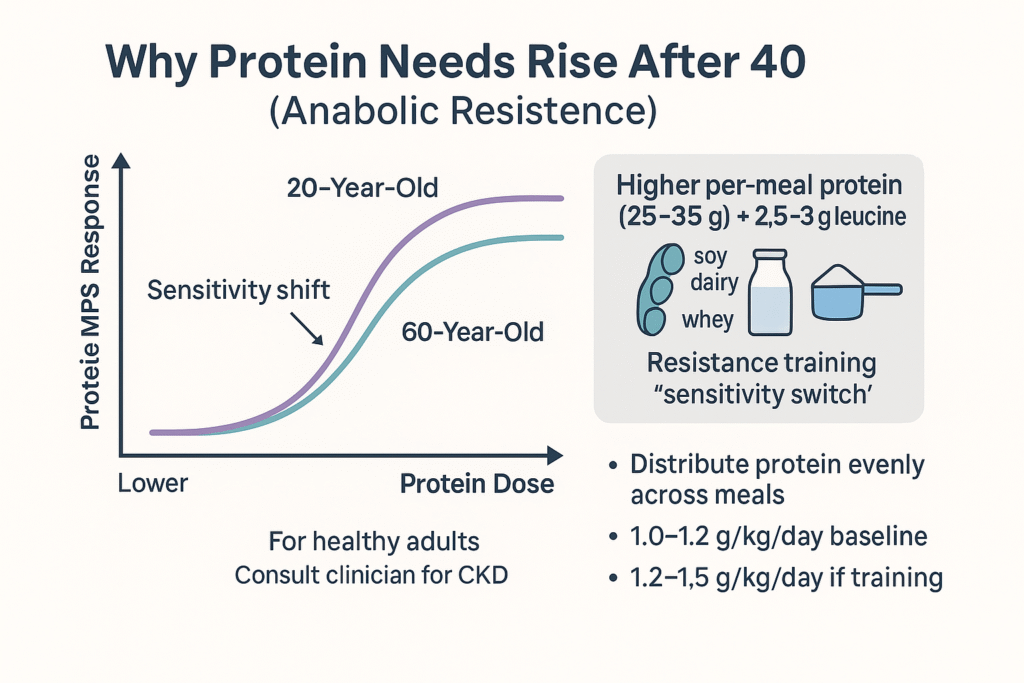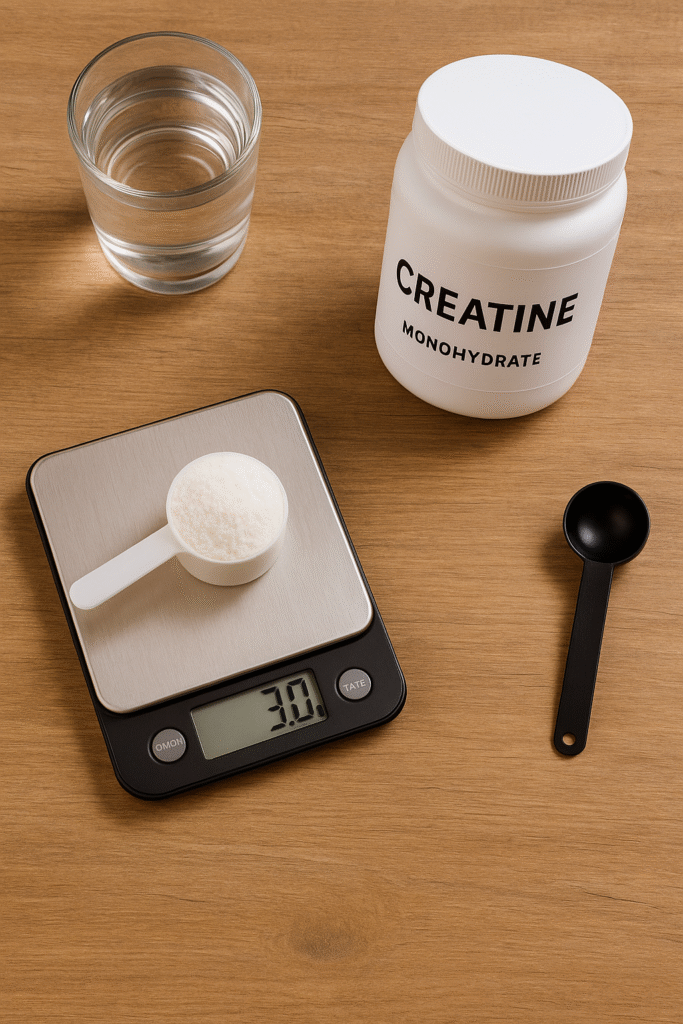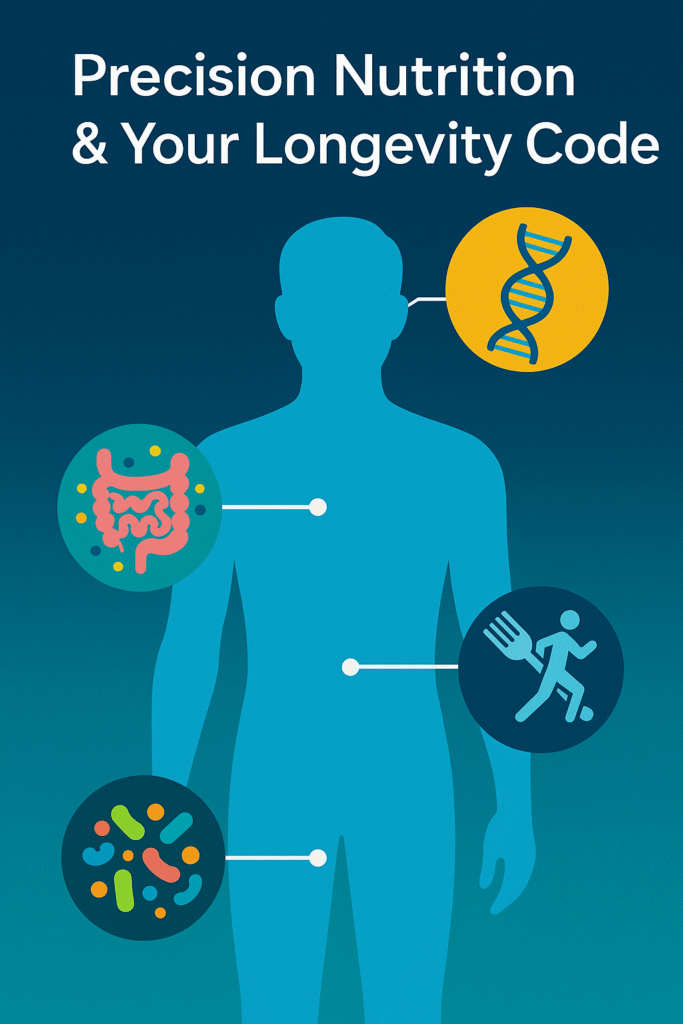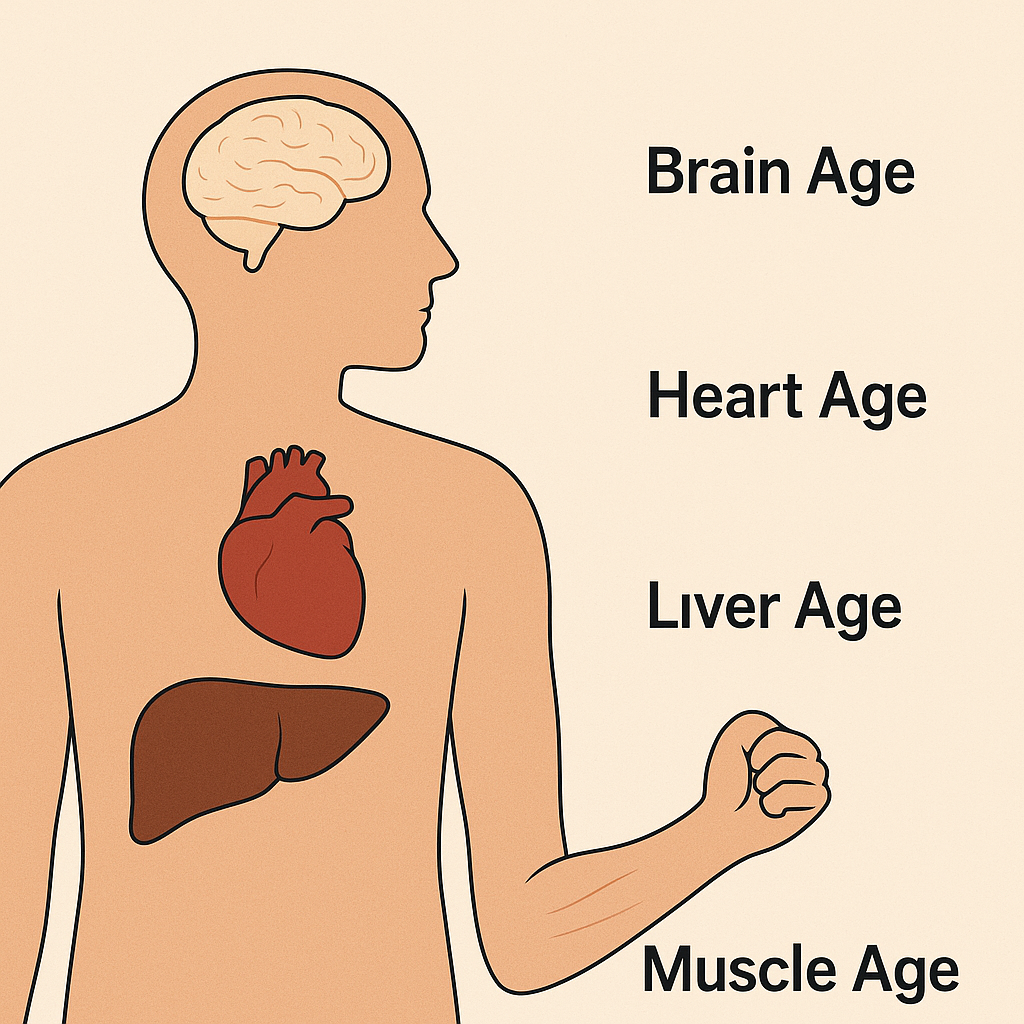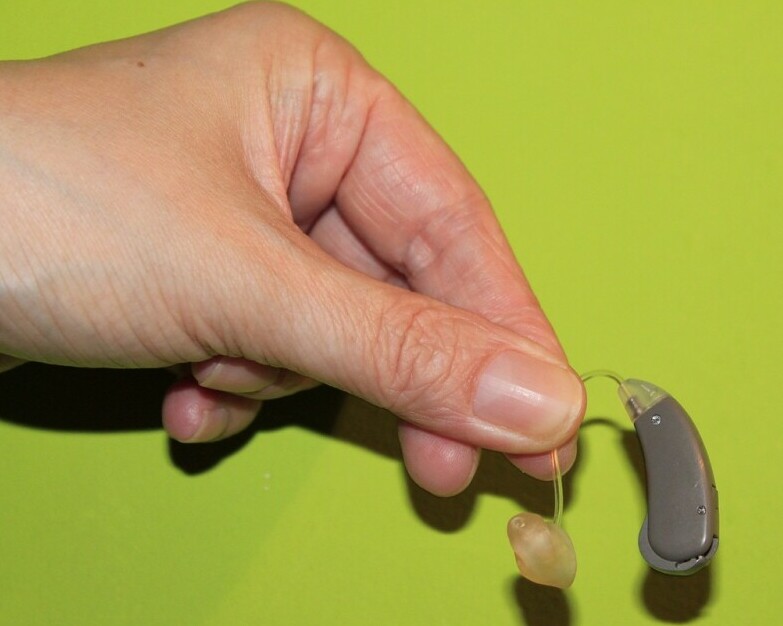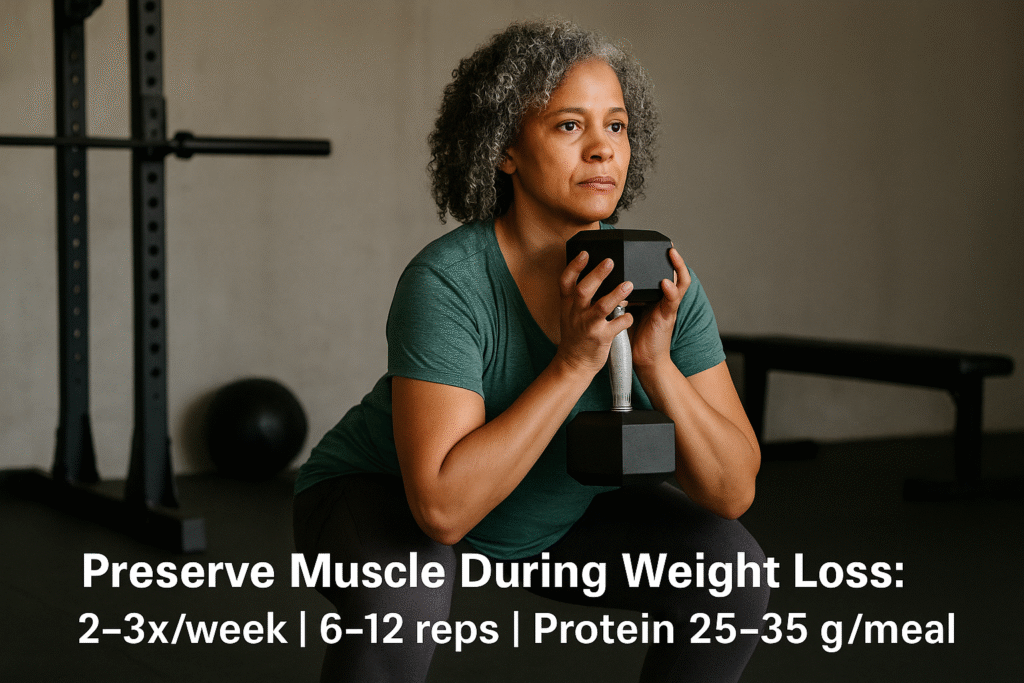Coenzyme Q10, or just CoQ10, is a substance similar to vitamins found in every cell of your body. In the simplest terms, it’s a powerhouse that helps produce energy and keeps your cells functioning. Knowing this, it’s clear why understanding CoQ10 can be a game-changer for your health.
At its core, CoQ10 plays a major role in producing energy within the mitochondria—that’s the powerhouse of your cells. Imagine it as a spark plug in your car’s engine. Without it, things just don’t run smoothly. CoQ10’s biological significance can’t be overstated as it aids in converting food into energy. Talk about essential!
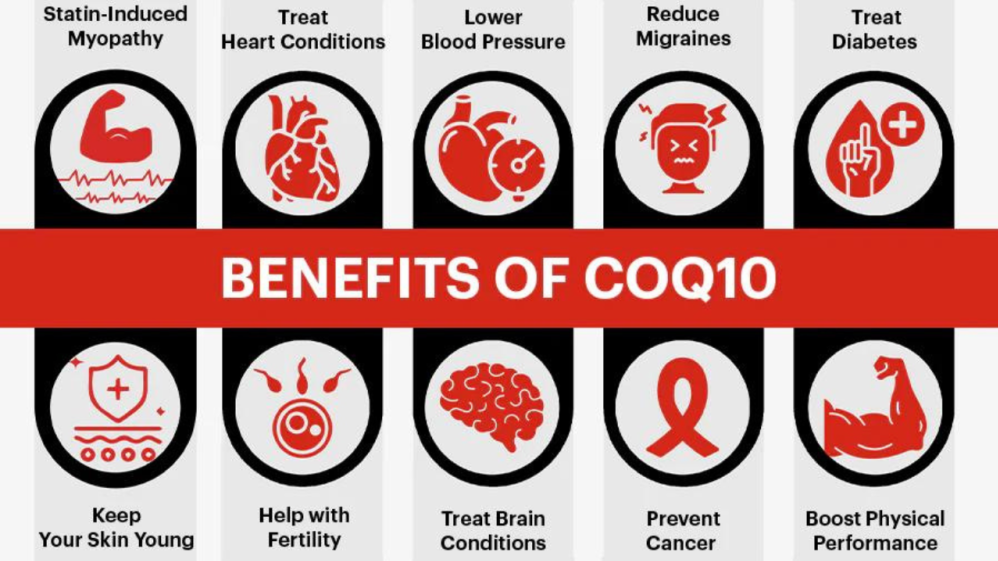
Getting enough CoQ10 is a mix of good nutrition and smart supplementation. Natural sources include fatty fish like salmon, organ meats like liver, and whole grains. Not exactly everyone’s cup of tea, but luckily, CoQ10 supplements are widely available and pretty straightforward to add to your daily routine. Just a small pill, and you’re set to go!
What is CoQ10?
CoQ10 is a naturally occurring antioxidant that plays a crucial role in energy production within our cells. It’s found in every cell of the body, particularly in the mitochondria, the powerhouse of the cell. This compound helps convert food into energy, making it essential for overall cellular function.
The Role of CoQ10 in the Body
CoQ10 isn’t just an energy booster; it also acts as a powerful antioxidant, protecting cells from damage caused by free radicals. This protection is vital for preventing the deterioration of cells and tissues, which is a significant factor in the aging process.
Understanding the Aging Process
Aging is a complex process that involves the gradual decline of bodily functions and cellular efficiency. As we age, our cells lose their ability to produce energy efficiently, and the accumulation of oxidative stress leads to the breakdown of tissues.
What Happens to the Body as We Age?
With age, the body undergoes several changes, including a decrease in muscle mass, bone density, and skin elasticity. Our organs, such as the heart and brain, also experience a decline in function, leading to increased risks of diseases and conditions like heart disease, cognitive decline, and osteoporosis.
The Science Behind Aging and Cellular Function
At the cellular level, aging is associated with a reduction in the function of mitochondria, which are responsible for generating energy. This decline in mitochondrial function leads to less energy production and increased oxidative stress, which damages cells and accelerates aging.
The Connection Between CoQ10 and Aging
As we age, our natural levels of CoQ10 decrease, which can contribute to the decline in cellular energy production and increase oxidative stress. This reduction in CoQ10 levels is linked to various age-related health issues, including heart disease, neurodegenerative disorders, and a general decrease in vitality.
How CoQ10 Levels Change with Age
Research shows that CoQ10 levels peak in our 20s and gradually decline as we age. By the time we reach our 60s, our CoQ10 levels may be significantly lower, affecting our ability to produce energy and protect cells from oxidative damage.
Impact of CoQ10 Deficiency on Health
A deficiency in CoQ10 can lead to a variety of health problems, particularly in older adults. Low levels of CoQ10 have been associated with heart failure, hypertension, and neurodegenerative diseases like Alzheimer’s. Additionally, a lack of CoQ10 can result in chronic fatigue and muscle weakness, making it harder to maintain an active lifestyle.
The Anti-Aging Benefits of CoQ10
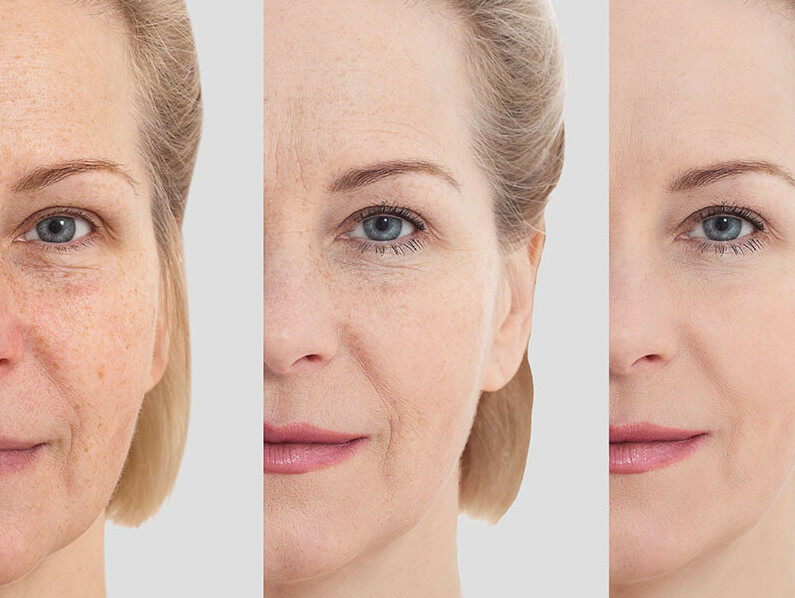
CoQ10 isn’t just a powerhouse for energy—it’s a secret weapon against aging too! One of its standout features is its antioxidant properties. These antioxidants fight off free radicals, the pesky molecules that speed up aging and cellular damage. Who wouldn’t want to slow that down?
Healthy skin can thank CoQ10 as well. It’s known to boost skin health by enhancing elasticity and hydration. Imagine fewer wrinkles and a more vibrant complexion. Sound too good to be true? Just check the ingredients of high-end skincare products, and you’ll often find CoQ10 listed right there.
Science backs this up big time. Research shows that CoQ10 supplements can reduce markers of aging and improve overall skin appearance. It’s not just a supplement; it’s a step towards maintaining youthfulness from within.
Aging gracefully is all about giving your body the support it needs, and CoQ10 provides just that. While you can get it from food, the levels can drop as you age, so supplements can be a lifesaver—quite literally.
If your goal is to keep those years from showing too prominently, CoQ10 is a good bet. It’s a simple, effective way to maintain your vitality and youthful glow.
CoQ10 & Cardiovascular Health
Your heart works tirelessly, and giving it some extra support never hurts. That’s where CoQ10 comes in. This enzyme is a key player in ensuring your heart functions at its best.
Heart health is where CoQ10 truly shines. It helps in energy production specifically for heart muscle cells, which is crucial since the heart never gets to take a break. Many studies have shown that CoQ10 supplements can improve heart function, particularly in those with heart disease.
Research highlights its role in patients with congestive heart failure. Clinical trials have demonstrated improved symptoms and heart function, making CoQ10 a promising supplement for those struggling with heart-related issues.
Beyond direct heart health, CoQ10 has potential benefits for reducing cholesterol levels. Some evidence suggests it can help decrease bad cholesterol (LDL) while increasing the good kind (HDL). Balanced cholesterol levels contribute to a healthier cardiovascular system overall.
Another bonus: CoQ10 may assist in lowering blood pressure. Since high blood pressure is a significant risk factor for heart disease, incorporating CoQ10 into your routine could offer another layer of protection for your heart.
Integrating CoQ10 into Your Daily Routine

Incorporating CoQ10 into your daily life doesn’t have to be complicated. You can start by focusing on food sources that are naturally rich in this powerhouse enzyme. Enjoying dishes with fatty fish like salmon or sardines can boost your CoQ10 intake, not to mention they’re tasty and versatile. If organ meats like liver don’t appeal to you, whole grains are a solid plant-based option.
For those who find it challenging to get enough through diet alone, supplements are a practical choice. Finding the right dosage is key. Most adults benefit from about 100-200 mg per day, but it’s always smart to chat with a healthcare professional to determine what’s best for you.
It’s also important to consider when and how to take CoQ10 supplements. They tend to be better absorbed with food, particularly fatty meals, so taking them with breakfast or dinner could be more effective. Plus, consistency is crucial. Make it part of your daily routine, just like your morning coffee or nightly skincare regimen.
While CoQ10 is generally safe, some people might experience mild side effects like stomach upset or insomnia. Starting with a lower dose and gradually increasing it can help your body adjust. And, as always, consulting with a healthcare provider ensures you’re taking CoQ10 in the safest manner possible.
Recommended Dosage For Optimal Benefits
The recommended dosage of CoQ10 can vary depending on your age, health status, and specific needs. However, most studies suggest a daily dose of 100 to 200 mg for general health benefits. Always consult with a healthcare provider before starting any new supplement regimen.
Potential Side Effects and Considerations
While CoQ10 is generally safe, there are some potential side effects and considerations to keep in mind.
Possible Side Effects of CoQ10
Some people may experience mild side effects from CoQ10, such as nausea, headaches, or digestive discomfort. These side effects are usually rare and mild, but it’s important to monitor your body’s response when starting supplementation.
Interactions with Medications
CoQ10 can interact with certain medications, particularly blood thinners like warfarin. If you’re on any medication, it’s crucial to consult with your healthcare provider before taking CoQ10 to avoid any adverse interactions.
Recommendations For CoQ10 Options:
Nature Made CoQ10: https://www.tkqlhce.com/click-101027051-15745823
Pure Encapsulations CoQ10-
Unlock sustained energy and heart health with this powerhouse supplement. CoQ10 supports your body at the cellular level, helping to boost natural energy production and improve exercise stamina so you can power through your day. It's a key nutrient for cardiovascular wellness, nourishing the heart and supporting a strong immune system. As a premium antioxidant, CoQ10 helps defend your cells against oxidative stress, keeping you feeling energized and resilient.
Qunol Ultra CoQ10-
Qunol CoQ10 is 100% water & fat-soluble for superior absorption—unlike regular CoQ10! Replenish your body’s energy levels naturally and fight fatigue caused by aging.
Conclusion
CoQ10 is a powerful and essential nutrient that plays a crucial role in supporting healthy aging and longevity. As we age, our natural levels of CoQ10 decrease, leading to a decline in energy production, cognitive function, and overall vitality. By supplementing with CoQ10, you can help boost your energy levels, protect your cells from oxidative damage, and maintain the health of vital organs like the heart and brain. This makes CoQ10 a key player in preventing age-related diseases and preserving your youthful vigor.
In addition to its energy-boosting and protective properties, CoQ10 also supports skin health and may even promote a longer lifespan. By incorporating CoQ10 into your daily routine, whether through diet or supplements, you can enhance your overall well-being and enjoy a more vibrant, active life as you age. With its wide-ranging benefits, CoQ10 is an invaluable tool for those looking to age gracefully and maintain their quality of life well into their later years.
FAQs
What is the best time to take CoQ10 supplements?
The best time to take CoQ10 is with a meal that contains fat, as this helps improve its absorption. Taking it in the morning is usually recommended to avoid interference with sleep.
Can CoQ10 be taken with other supplements?
Yes, CoQ10 can be taken with other supplements. However, it’s always best to consult with a healthcare provider to ensure there are no potential interactions.
Is CoQ10 safe for everyone to use?
CoQ10 is generally safe for most people, but those with certain medical conditions or who are taking specific medications should consult with a healthcare provider before use.
How long does it take to see the benefits of CoQ10?
The benefits of CoQ10 supplementation can vary, but many people start to notice improvements in energy levels and overall well-being within a few weeks of consistent use.
Can I get enough CoQ10 from my diet alone?
While it is possible to get some CoQ10 from your diet, it may not be enough to meet your body’s needs, especially as you age. Supplementation is often recommended to ensure adequate levels.
Disclaimer: All the content on this site is for informational purposes only, does not constitute medical advice, and does not establish any kind of patient-client relationship by your use of this website. I am not a health care professional. The information, including but not limited to text, graphics, images and other material contained on this website are for informational purposes only. No material on this site is intended to be a substitute for professional medical advice, diagnosis, or treatment. Before starting any new regimen, supplement, diet, or program, it is crucial to consult with a healthcare professional to ensure it is safe and suitable for your individual health needs and circumstances. Here’s a little transparency: This website also contains affiliate links. This means if you click and make a purchase, we may receive a small commission. Don’t worry, there’s no extra cost to you. It’s a simple way you can support our mission to bring you quality content.


